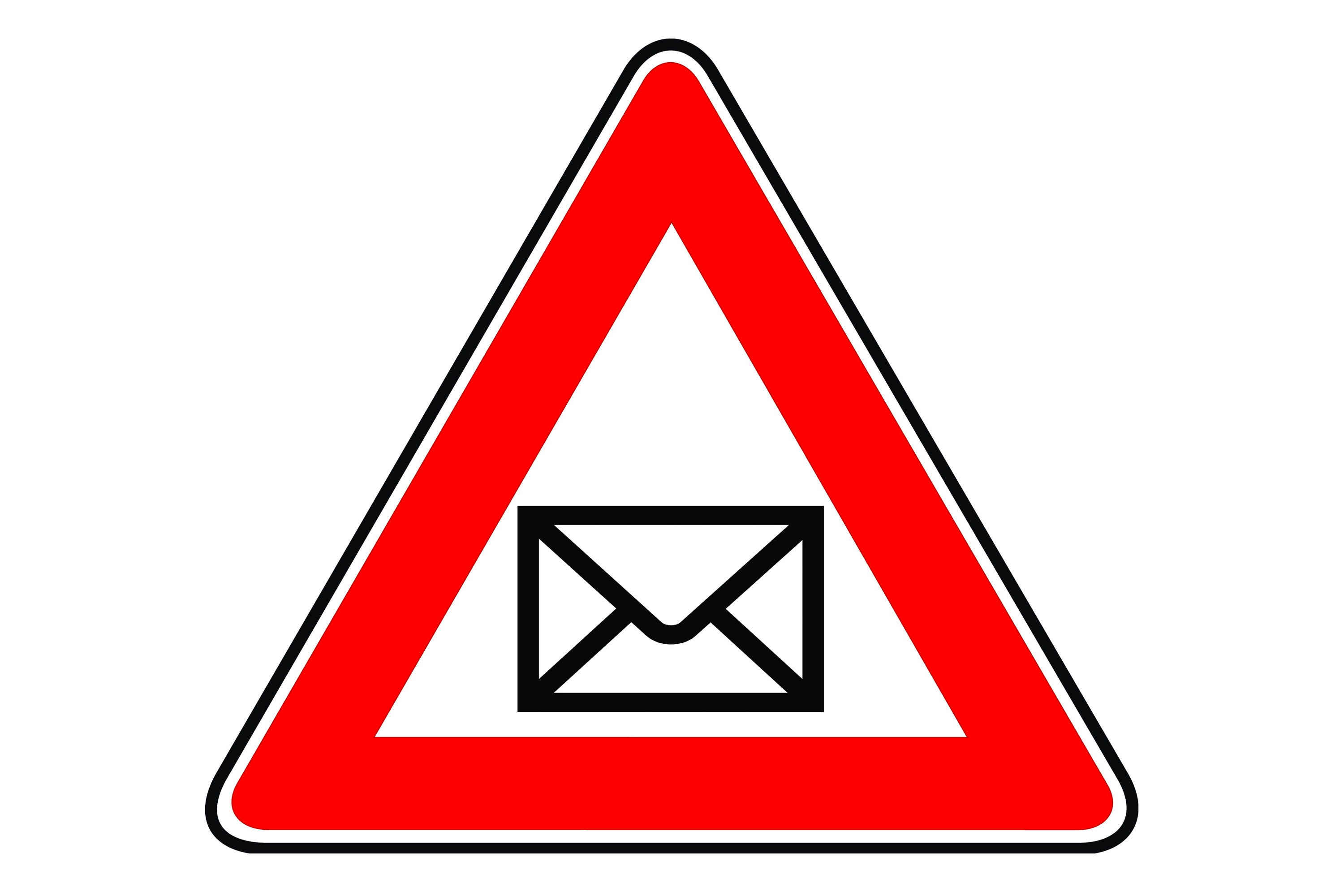Royal baby and Spain train crash become targets for scammers
Links to fake news reports being delivered to inboxes.


Sign up today and you will receive a free copy of our Future Focus 2025 report - the leading guidance on AI, cybersecurity and other IT challenges as per 700+ senior executives
You are now subscribed
Your newsletter sign-up was successful
Two of the biggest news stories of the past week the birth of Prince William and Kate's first baby and the death of 78 passengers in a high speed rail crash in Spain have been turned into phishing emails by cybercriminals.
Chris Boyd, a researcher with ThreatTrack Security, said his company had detected a royal baby scam within 24 hours of the prince's birth.
It is unlikely that reputable news agencies will send unsolicited email.
The phishing email purported to contain a link to a CNN live blog and video on social engagement platform ScribbleLive.
However, if users click the link it would take them to a compromised website where the Zeus and Medfos Trojans would be downloaded onto their computer.
Another cyber security firm, Websense, found a malware-laden royal baby email scam, which claims to have an image of Prince George Alexander Louis attached.
If users open the image' they will in fact unleash a malicious binary programme that will result in further malware being downloaded onto their computer.
CNN is also the foil used in the Spanish rail disaster phishing email detected by security outfit Dynamoo.
Sign up today and you will receive a free copy of our Future Focus 2025 report - the leading guidance on AI, cybersecurity and other IT challenges as per 700+ senior executives
Strangely, the email subject is once again about the royal baby, but the from' field and email content all refer to the train crash near Santiago De Compostella in Galicia, Spain.
Users are encouraged to click a link in order to read the full CNN report and an accompanying video. This time the link leads to one of approximately six hijacked GoDaddy domains and malware will be downloaded onto the victim's device.
Websense advises "should you receive any email news alerts or unsolicited messages regarding topical events, be sure the message is legitimate before clicking any links or downloading any attachments. It is unlikely that reputable news agencies will send unsolicited email, and, therefore, any unexpected message should be treated with caution."

Jane McCallion is Managing Editor of ITPro and ChannelPro, specializing in data centers, enterprise IT infrastructure, and cybersecurity. Before becoming Managing Editor, she held the role of Deputy Editor and, prior to that, Features Editor, managing a pool of freelance and internal writers, while continuing to specialize in enterprise IT infrastructure, and business strategy.
Prior to joining ITPro, Jane was a freelance business journalist writing as both Jane McCallion and Jane Bordenave for titles such as European CEO, World Finance, and Business Excellence Magazine.
-
 ITPro Best of Show NAB 2026 awards now open for entries
ITPro Best of Show NAB 2026 awards now open for entriesThe awards are a fantastic opportunity for companies to stand out at one of the industry's most attended shows
-
 Mistral CEO Arthur Mensch thinks 50% of SaaS solutions could be supplanted by AI
Mistral CEO Arthur Mensch thinks 50% of SaaS solutions could be supplanted by AINews Mensch’s comments come amidst rising concerns about the impact of AI on traditional software